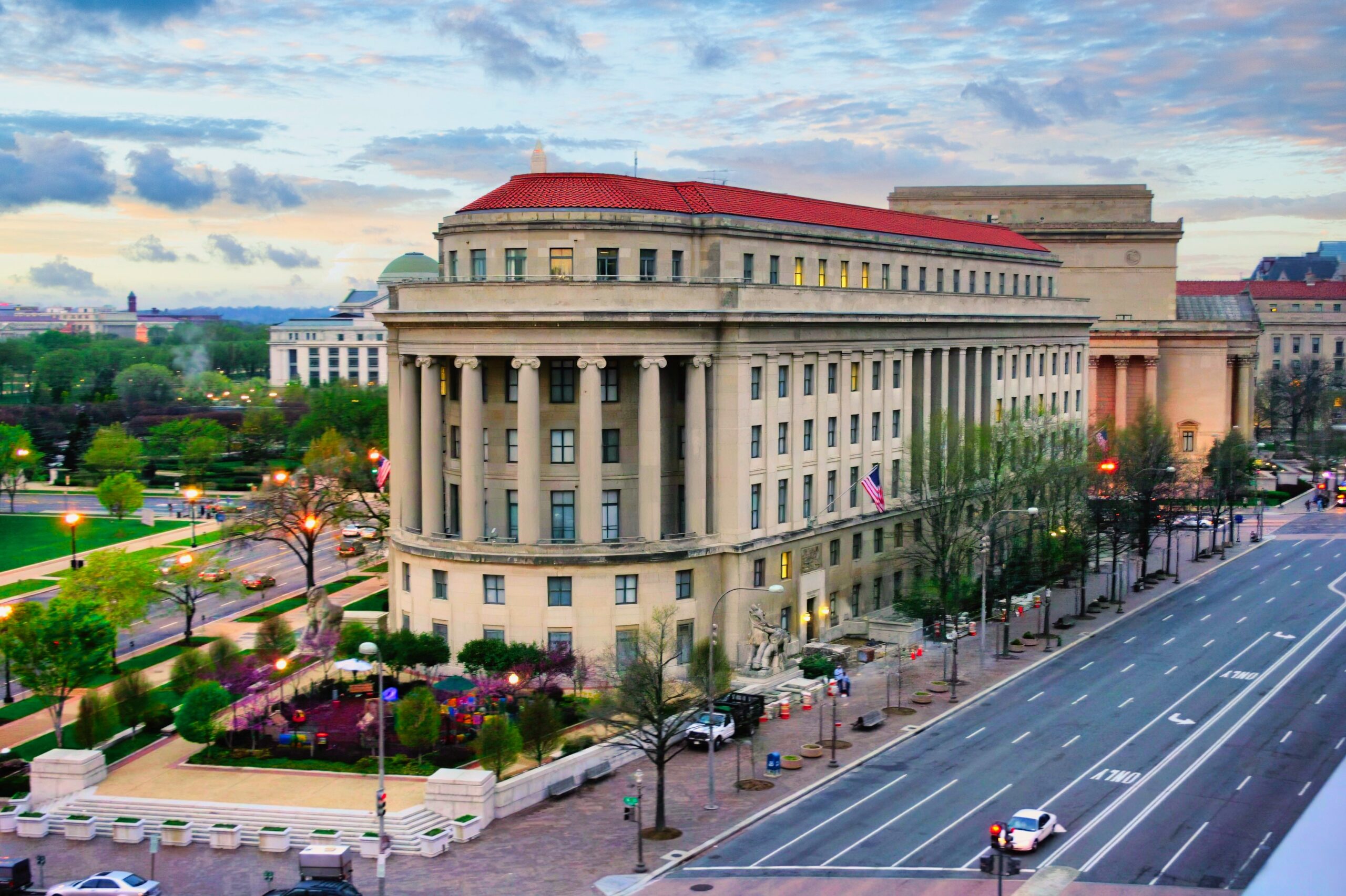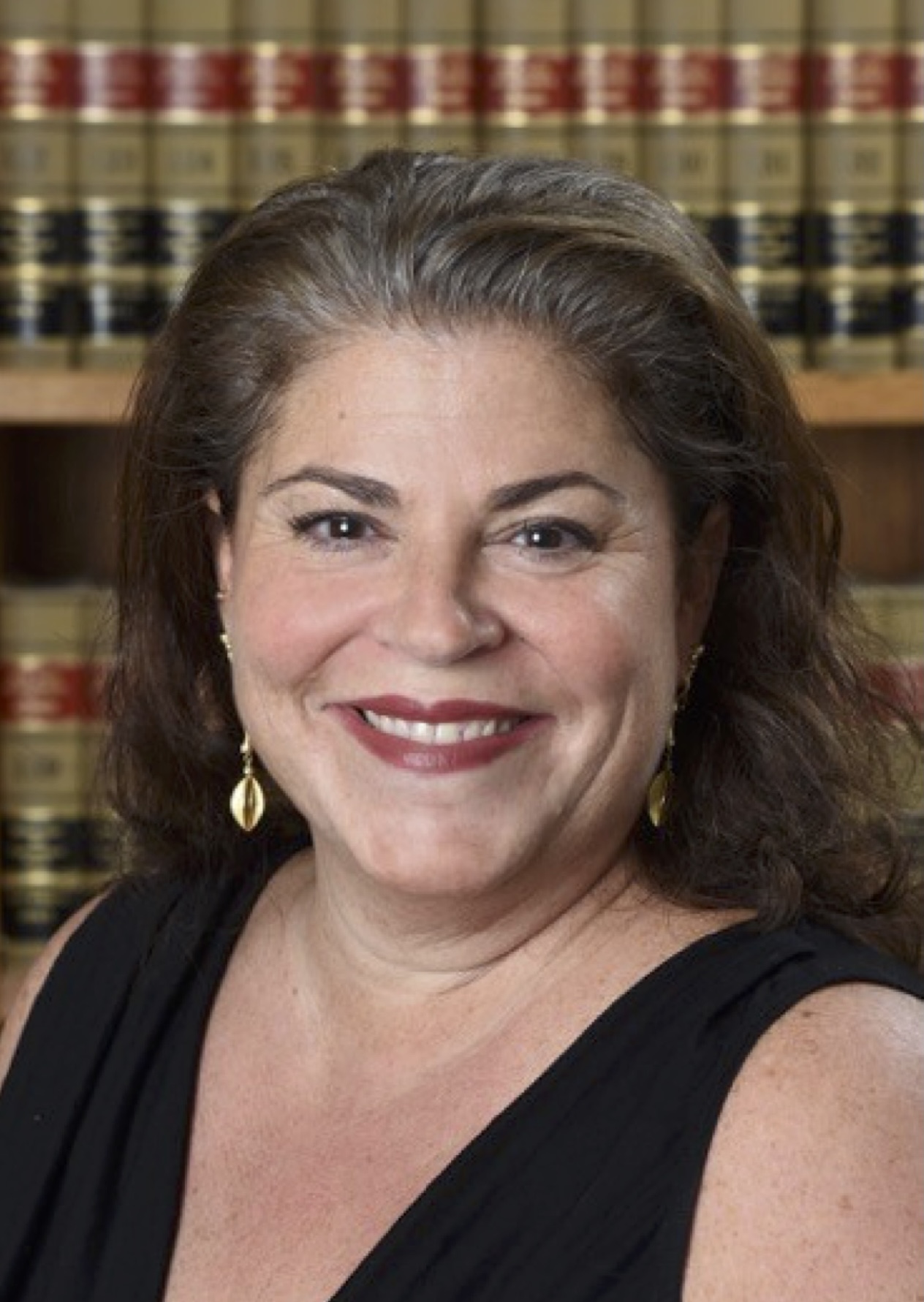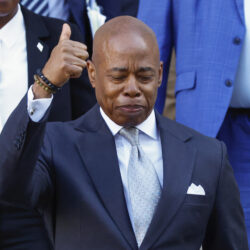
Non-compete ban blocked: Impacts on New York employment law

The national non-compete ban that was set to go into effect on Sept. 4 has been struck down by a Texas court, and Rachel Demarest Gold, director of Employment Law Practice at Abrams Fensterman, explains what this ruling means for employers in New York.
A non-compete is a contractual agreement that restricts an employee from working for competitors or starting a similar business for a specified period after leaving their current employer. These agreements are typically used to protect a company’s trade secrets, customer relationships and proprietary information. However, non-competes are increasingly being scrutinized for limiting worker mobility and suppressing wages.
The Federal Trade Commission (FTC) first announced the nationwide ban in April 2024, citing the need to promote competition and protect workers’ rights to change jobs or start businesses without restrictions. The FTC argued that non-competes suppress wages, stifle innovation, and harm the economy by preventing the creation of more than 8,500 new businesses annually.
The rule was met with significant opposition and led to the legal challenge that resulted in Judge Ada Brown of the Northern District of Texas ruling that the FTC exceeded its authority in issuing the ban. The court found the rule to be arbitrary and capricious, striking it down before it could take effect.

Despite the national ruling, Demarest Gold explained that non-competes are already largely unenforceable in New York.
“New York courts already disfavor non-compete agreements,” Demarest Gold said. “Unless the employee is serving in a highly specialized, senior-level role, it is very hard to get a non-compete upheld.” She added that legislation to eliminate them altogether has already passed both houses of the New York State Legislature but was vetoed by Gov. Kathy Hochul last year.
“In short, in New York, non-competes are probably not long for this world,” Demarest Gold said.
She pointed out that while non-competes may be on the decline, employers still have options to protect their business interests through trade secret laws, confidentiality agreements, and non-solicitation provisions.
“Freelance Isn’t Free Act” expands protections for gig workers
New York’s “Freelance Isn’t Free Act” officially became statewide law on Aug. 28, extending protections for freelance and gig workers across the state. The law, initially implemented in New York City before its statewide expansion, mandates written contracts for independent contractors when compensation reaches $800 or more within a 120-day period. These contracts must include specific provisions, such as an itemization of services, compensation details, and payment timelines.
The New York State Department of Labor, the Attorney General’s Office and the NYC Department of Consumer and Worker Protection are tasked with enforcing the law, while freelancers can take legal action to recover unpaid wages, liquidated damages and attorneys’ fees. Demarest Gold warned employers that while the law protects freelance workers, it does not resolve the misclassification issue, as employers must still carefully assess the status of their workers.
Demarest Gold is the director of Abrams Fensterman’s Employment Law Practice. A former assistant district attorney and assistant attorney general, Demarest Gold prosecuted some of the first labor felonies in New York State. She later served as deputy commissioner and special counsel at the New York State Department of Labor, overseeing enforcement divisions and spearheading efforts to combat labor violations.
Her extensive background in regulatory defense, workplace investigations, and employment law litigation sets Abrams Fensterman apart in the field. Demarest Gold also brings a wealth of experience from her time as in-house counsel, lobbyist and staff to elected officials. A graduate of Brooklyn Law School, Demarest Gold is a prominent figure in the legal community and actively participates in civic service across New York.
Leave a Comment
Related Articles


Female Kings County Court employees honored at ‘Afternoon Tea Party’

Judge dismisses corruption case against NYC Mayor Eric Adams




